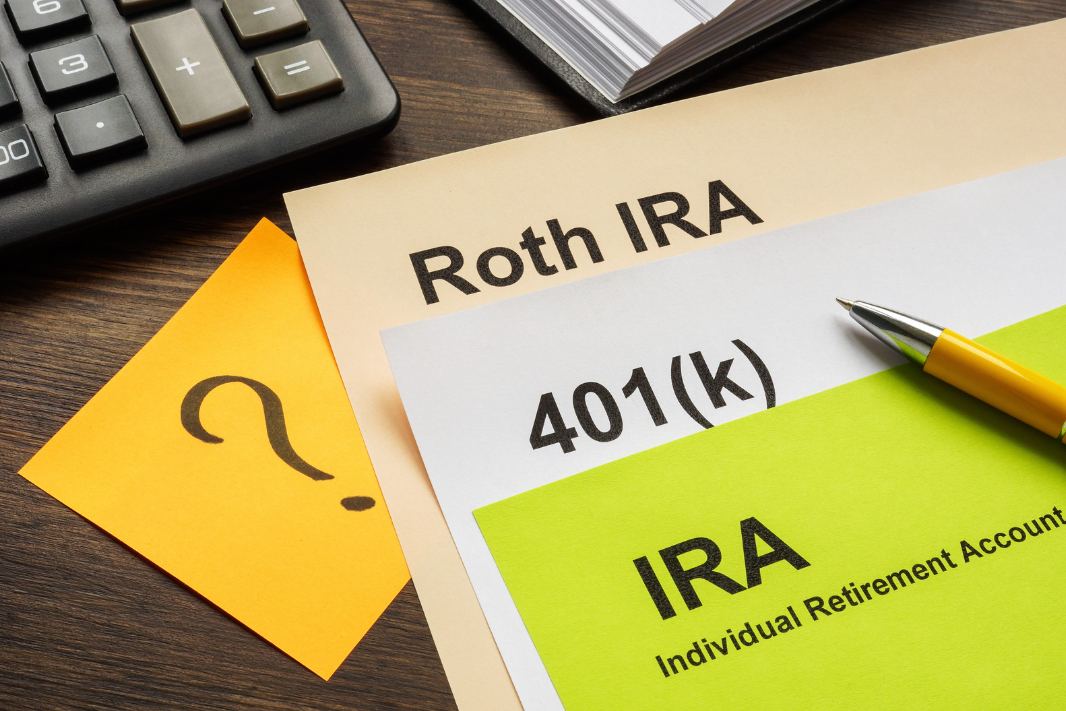5 Tough Questions Pre-Retirees Should Ask Someone Who Has Already Retired

Retirement is a major life transition that comes with its own set of challenges and uncertainties. As pre-retirees start planning for their future, it can be incredibly helpful to seek advice from those who have already made the leap into retirement. By asking the right questions, pre-retirees can gain valuable insights and perspectives that will better prepare them for this next chapter in their lives. In this blog post, we'll explore five tough questions that pre-retirees should ask someone who has already retired.
- How did you decide when it was the right time to retire?
One of the most important decisions pre-retirees will make is determining when the right time to retire is for them. By asking someone who has already retired how they made this decision, pre-retirees can gain valuable insight into the factors that influenced their choice. This question can also help pre-retirees reflect on their own priorities and goals for retirement.
2. What unexpected challenges did you face in retirement?
While many people envision retirement as a time of relaxation and leisure, the reality can sometimes be quite different. By asking someone who has already retired about any unexpected challenges they faced, pre-retirees can better prepare themselves for potential obstacles that may arise during their own retirement. Whether it's financial issues, health concerns, or emotional adjustments, hearing about others' experiences can help pre-retirees plan ahead more effectively.
3. How did you adjust to a new routine without work?
For many people, work provides structure and purpose to their daily lives. When transitioning into retirement, it's common to struggle with creating a new routine that doesn't revolve around a job or career. By asking someone who has already retired how they adjusted to this change, pre-retirees can gather ideas and strategies for finding fulfillment outside of work. Whether it's pursuing hobbies, volunteering, or traveling, hearing about others' experiences can inspire pre-retirees to explore new opportunities in retirement.
4. What advice do you have for managing finances in retirement?
Financial planning is a crucial aspect of preparing for retirement, yet many people find it overwhelming and confusing. By seeking advice from someone who has already retired about how they manage their finances in retirement, pre-retirees can gain practical tips and insights to help them navigate this complex area. From budgeting strategies to investment choices, hearing about others' approaches can empower pre-retirees to make informed decisions about their own financial future.
5. How has your social life changed since retiring?
Social connections play a vital role in overall well-being and happiness during retirement. By asking someone who has already retired how their social life has evolved since leaving the workforce, pre-retirees can gain perspective on building and maintaining relationships in this new phase of life. Whether it's staying connected with former colleagues, joining clubs or groups, or exploring new friendships, hearing about others' experiences can inspire pre-retirees to prioritize social engagement as they plan for retirement.
As pre-retirees navigate the complexities of planning for retirement, seeking guidance from those who have already experienced this transition can provide invaluable support and insight. By asking tough questions like those mentioned above, pre-retirees can learn from others' experiences and make more informed decisions about their own retirement journey. Whether it's deciding when to retire, managing finances, adjusting to a new routine without work, facing unexpected challenges, or nurturing social connections - hearing from retirees who have been there before can help pre-retirees feel more confident and prepared as they embark on this exciting new chapter in their lives.
Recent Blog Posts:


Get in touch or visit our office.
Sign up for our newsletter and get instant access to our complimentary retirement guide.
Newsletter
We will get back to you as soon as possible.
Please try again later.
© 2023 CFG RETIREMENT
Investment Advisory Services offered through Assured Retirement Financial Group, Inc DBA CFG Retirement. CFG Retirement is a Registered Investment Advisory firm with the SEC.
Insurance services offered through Assured Retirement Group, Inc DBA CFG Retirement. Assured Retirement Financial Group, Inc. and Assured Retirement Group, Inc. are affiliated companies.
Provided content is for overview and informational purposes only and is not intended and should not be relied upon as individualized tax, legal, fiduciary, or investment advice. By contacting us, downloading booklets, or attending events, you may be offered a meeting to discuss how our insurance and other services can meet your retirement needs. The presenters of this information are not associated with, or endorsed by, the Social Security Administration or any other government agency.



